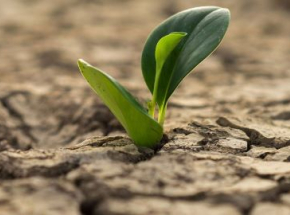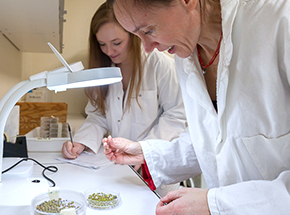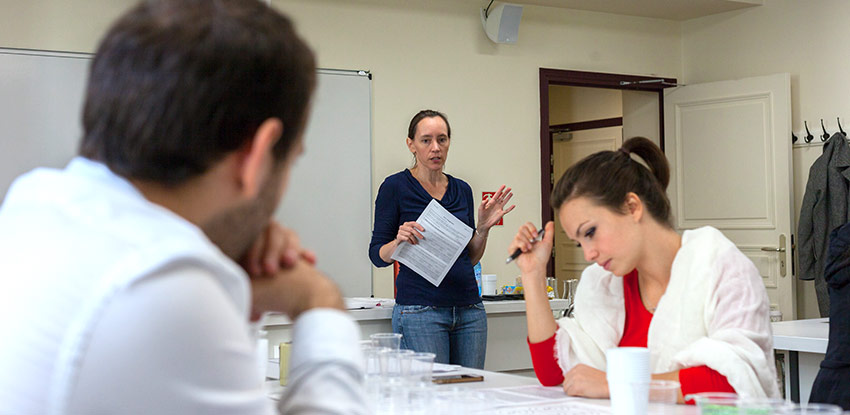- About AUP
- History of AUP
- Mission & Core Values
- Vision and Leadership
- AUP Recognition
- Alumni Success
- Campus Development
- Arts at AUP
- Policies & Guidelines
- Academics
- Undergraduate
- Graduate Programs
- MA in Diplomacy and International Law
- MA in Global Communications
- MSc in Human Rights and Data Science
- MA in International Affairs
- MA in International Affairs, Conflict Resolution, and Civil Society Development
- MSc in International Management
- MSc in Strategic Brand Management
- Find Your Thesis Advisor
- Previous Programs
- Cultural Program
- Faculty
- Summer School
- Research Centers
- The Center for Critical Democracy Studies
- Upcoming Events
- Research Projects
- Fellows’ Publications
- Publishing
- Curriculum
- Community
- Partnerships
- Visiting Scholars
- CCDS Highlights
- Atelier de Théorie Politique – Paris
- Critical Theory 101: Future Directions and New Challenges
- Martti Koskenniemi on “The Law of International Society: A Road not Taken”
- Academic Freedom Symposium
- Tocqueville Colloque 2023
- Violent Turns Conference
- Degenerations of Democracy
- DEMOS21 Inaugural Event
- What Demos for the 21st Century?
- The Paris Centennial Conference
- Justice Stephen Breyer
- Civic Jazz - The Launch of the Center
- Past Events
- FR
- The Center for Writers and Translators
- The George and Irina Schaeffer Center for the Study of Genocide, Human Rights and Conflict Prevention
- The Joy and Edward Frieman Environmental Science Center
- The Center for Media, Communication & Global Change
- The Center for Critical Democracy Studies
- Departments
- Academic Resources
- Academic Affairs
- Academic Calendar
- Academic Resource Center
- Library
- Registrar's Office
- Teaching and Learning Center
- Accessibility & Accommodation Services
- AI@AUP: A Campus-Level Initiative
- Quai D'Orsay Learning Commons
- Paris as Classroom
- ACE
- Admissions
- Student Life
- Campus
- Student Leadership & Involvement
- Paris
- Support Services
- Student Life Help Desk
- Student Accounting Services
- Student Immigration Services
- Student Grievance Procedure
- Diversity and Inclusion
- Health & Well-being
- Digital Student Handbook
- News
- Events
- AUP Giving
- Housing Offer for 2025-2026
- IT Services
- Alumni
- About AUP
- History of AUP
- Mission & Core Values
- Vision and Leadership
- AUP Recognition
- Alumni Success
- Campus Development
- Arts at AUP
- Policies & Guidelines
- Academics
- Undergraduate
- Graduate Programs
- MA in Diplomacy and International Law
- MA in Global Communications
- MSc in Human Rights and Data Science
- MA in International Affairs
- MA in International Affairs, Conflict Resolution, and Civil Society Development
- MSc in International Management
- MSc in Strategic Brand Management
- Find Your Thesis Advisor
- Previous Programs
- Cultural Program
- Faculty
- Summer School
- Research Centers
- The Center for Critical Democracy Studies
- Upcoming Events
- Research Projects
- Fellows’ Publications
- Publishing
- Curriculum
- Community
- Partnerships
- Visiting Scholars
- CCDS Highlights
- Atelier de Théorie Politique – Paris
- Critical Theory 101: Future Directions and New Challenges
- Martti Koskenniemi on “The Law of International Society: A Road not Taken”
- Academic Freedom Symposium
- Tocqueville Colloque 2023
- Violent Turns Conference
- Degenerations of Democracy
- DEMOS21 Inaugural Event
- What Demos for the 21st Century?
- The Paris Centennial Conference
- Justice Stephen Breyer
- Civic Jazz - The Launch of the Center
- Past Events
- FR
- The Center for Writers and Translators
- The George and Irina Schaeffer Center for the Study of Genocide, Human Rights and Conflict Prevention
- The Joy and Edward Frieman Environmental Science Center
- The Center for Media, Communication & Global Change
- The Center for Critical Democracy Studies
- Departments
- Academic Resources
- Academic Affairs
- Academic Calendar
- Academic Resource Center
- Library
- Registrar's Office
- Teaching and Learning Center
- Accessibility & Accommodation Services
- AI@AUP: A Campus-Level Initiative
- Quai D'Orsay Learning Commons
- Paris as Classroom
- ACE
- Admissions
- Student Life
- Campus
- Student Leadership & Involvement
- Paris
- Support Services
- Student Life Help Desk
- Student Accounting Services
- Student Immigration Services
- Student Grievance Procedure
- Diversity and Inclusion
- Health & Well-being
- Digital Student Handbook
- News
- Events
- AUP Giving
- Housing Offer for 2025-2026
- IT Services
- Alumni
Faculty
Five questions with Dr. Elena Berg
Professor and Chair of the Department of Computer Science, Mathematics and Environmental Science
Dr. Elena Berg brings a multifaceted perspective across anthropology, human behavior, and environmental science to research and the life scientific at AUP.
Talk about your background as an evolutionary biologist and researcher
My PhD is in animal behavior. I'm always interested in what animals are doing, particularly in social groups, and how they evolved to become what they are today. For a field studies course, I studied green monkeys in Barbados. Then I worked on birds in Israel, in Northern Mexico, and Australia, bouncing all over the world for various projects over many years.
For my PhD I spent three years in Costa Rica working with the white-throated magpie. They're the best. It's got this crazy plume on its head. It's very cheeky–loud, obnoxious. I'd come back from a day in the field with my field assistant, and we would gossip about which bird was with whom.
I learned very good habits and methods early on and they've served me forever. I teach those methods in animal behavior courses now.
You’ve been at AUP for over 10 years now. What has the transition from fieldwork been like?
I've enjoyed this stage of life. When you're used to fieldwork where it takes you six months and 18 thunderstorms to get eight data points, it's a miracle to walk into the lab and rack up hundreds of data points.
I came into this job ready to embrace this different model of education. I like academia and doing research. But I’m also I’m a generalist, a tinkerer. I usually have several different research lines going at once. And I like teaching and working with students and with colleagues and staff who are thinking about different things and learning.
Talk about your research on the reproductive behavior of seed beetles at AUP.
The beetle project merges my expertise in evolutionary biology with the hat I wear as an environmental scientist. I'm working with AUP Professor and climate physicist Claudio Piani and we are looking at the impacts of climate change on beetles. In this phase, we blast them with periodic heat waves and look at how that impacts how their offspring develop – how many eggs do they lay per day that yield to how many offspring? The beetle research is high-level research that I brought with me from my post-docs – the specialized, hardcore scientist in me. That's the research that I continue with the help of students.
Can you talk about how you work with students in your research?
I share information about the bigger picture and give them real lab experience. A lot of what you do in the lab is so unglamorous. It can be very tedious, which is what research is. You're there moving beetles from one dish to another or counting how many males and females have hatched that day. In fieldwork you're in the rain, with mosquitoes fighting you, waiting for a bird to come back to the nest that they've abandoned, that you didn't realize that they've abandoned. That's the typical daily story. The great stories come from patience and spending the time it takes.
Students live that experience and that’s why I care about working with students in my research. How else are they going to understand how data are generated unless they're part of the whole package? You have the pretty paper at the end, but all the steps in between are so long.
Among the many hats you wear, one is water sommelier. How did this come about?
I was teaching an environmental science class and thought we should do a water tasting so that students can taste different bottled waters, then mix in tap water and see if they could tell the difference.
I met an economist studying the economics of fine water–single-source mineral waters, often in glass bottles, with a high price point and low production. We decided to collaborate and published two papers in the Journal of Wine Economics on blind tastings. I'm a judge at the International Water Mineral Water Competition.
I'm skeptical–I'm the scientist in the room. So I took a training program to learn the industry from the inside. I've become part of that community as an environmental scientist who injects questions about waste and environmental impact and sustainability. How do we protect these watersheds? And how can this group raise awareness about how cool water is, where it comes from, and why we should care?
Related
-

Oslo Pax 2019
Student & Faculty Collaboration
Read MoreOslo Pax 2019
Student & Faculty Collaboration
Students attended a global climate gathering to discuss tangible solutions to environmental problems.
-

Beetle Kinship Project
Student & Faculty Collaboration
Read MoreBeetle Kinship Project
Student & Faculty Collaboration
Professor Elena Berg conducted this research project with student Shannon Monahan in the Environmental Science Lab.

